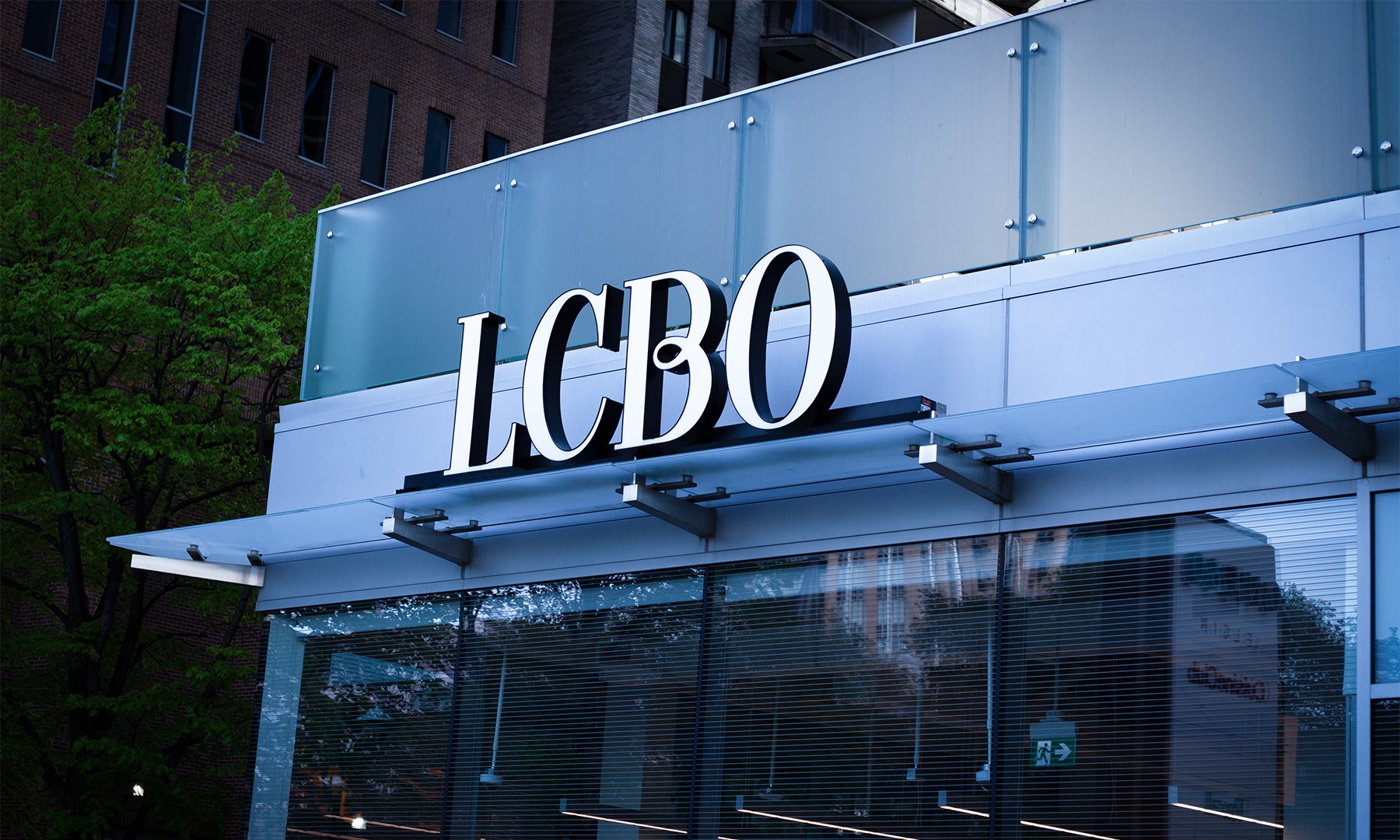By now, most Ontarians know that frontline workers at the LCBO are on strike, but not everyone knows why. So here’s an explanation.
This is not just another strike about wages and working conditions. It’s about stopping the destruction of actual jobs held by actual people. It’s about protecting a public asset that belongs not to the government but to the people of Ontario. And it’s about protecting billions of dollars in revenues that fund provincial public services.
All of those things are connected.
In the world of labour negotiations, few issues are more fundamental than setting the boundaries of the bargaining unit.
The term “bargaining unit” describes a group of employees, working for one employer or a group of employers, who are members of the same union and negotiate a collective agreement together. When it comes to defining the unit, one factor is critically important: the work itself.
Whose job is it to unload that truck, or stock those shelves? Whose job is it to sell that product?
If unloading, stocking, and selling is bargaining unit work, then workers and their union can negotiate wages, scheduling, job security protections, and all the things unions negotiate. But if that same work is deemed to be outside the bargaining unit, then the workers are out of luck. You can’t bargain over work that’s not in the bargaining unit.
This is a core issue in the current strike by OPSEU members at the LCBO. Because the Ontario government—the actual employer here—is taking a wrecking ball to the walls of the bargaining unit.
By allowing up to 8,500 new private outlets to sell beer, wine, and pre-mixed cocktails, the LCBO is transferring bargaining unit work outside the reach of the union. It’s a direct attack on OPSEU members’ ability to have a say over their wages and working conditions.
This would be alarming to workers in any workplace, but when it comes to the LCBO, it should be alarming to every Ontarian. That’s because the LCBO is a public asset, and a very lucrative one at that. The $2.5 billion dividend the LCBO paid to the government in 2022-23 is a lot of money. It’s enough to fund the Sault Area Hospital nearly 10 times over. Or the public school board in Windsor five times over.
The profits of the LCBO are a strange thing to want to give up, yet that is exactly what Queen’s Park is doing. Under the government’s new plan, a sizable chunk of the profits currently flowing to the public will now flow to private companies and their owners. The taxes these companies pay on the sales they make will not come close to making up for the LCBO’s lost profits. And profit is where the money is.
Until recently, Ontario governments of all stripes have understood this basic fact. Successive governments have maximized the LCBO’s profits in two ways: by expanding sales, and by ruthlessly pushing down labour costs at every opportunity.
But making money has not been governments’ only concern. Since the 1980s, private interests have been demanding a larger share of the alcohol market. And governments have responded.
After his election in 1995, Ontario Premier Mike Harris did not sell the LCBO, as he had pledged to do. Instead, he used the threat of privatization as a cudgel to extract major concessions from LCBO workers and their former union. By 2002, the end of the Harris years, the majority of customer service reps working in LCBO stores (and many workers in its warehouses and offices) were casual employees with low wages, no benefits, and tenuous job security.
Unfortunately, these increased LCBO profits—paid for by the workers—did nothing to silence the self-interested voices calling for more private alcohol sales. They still wanted a piece of the action.
Successive governments gave it to them.
In 2006, the government of Dalton McGuinty doubled the number of LCBO “agency stores” run by private operators in smaller communities, bringing the total to 199. Starting in 2015, the Kathleen Wynne government expanded beer and wine sales to 450 grocery stores. Starting in 2019, the Doug Ford government again boosted the number of agency stores (renamed “LCBO convenience outlets”), bringing the number to 389 today.
In 2021, the LCBO closed its Retail Service Centre warehouse in downtown Toronto and contracted the work out to Trillium Supply Chain, part of an international logistics company. As a result, LCBO work related to e-Commerce, the Vintages Shop Online, and Specialty Services were transferred outside the OPSEU bargaining unit.
All these changes have been significant. But they are nothing compared to what the current government has in store. At present, there are 2,366 private outlets selling alcohol in Ontario in addition to 685 LCBO stores. Adding 8,500 more private outlets will have a profound effect on sales at the LCBO—and reduce the revenues that benefit all Ontarians.
When asked by City News how much those revenues would fall, Finance Minister Peter Bethlenfalvy responded, “Who knows, who knows?” When asked why the government’s plan includes private sales of pre-mixed cocktails, he said, “This is something that, you know, the broader community, the convenience stores, grocers, wanted.”
Such comments make it clear that safeguarding the public interest is not top-of-mind for the government. It is not the public interest, but private interests, that are dictating government policy.
To be clear, striking OPSEU members are defending their own interests as well. But it’s important to remember that their bargaining unit is our LCBO. In this case, the interests of the workers and the interests of the broader public are closely aligned.


